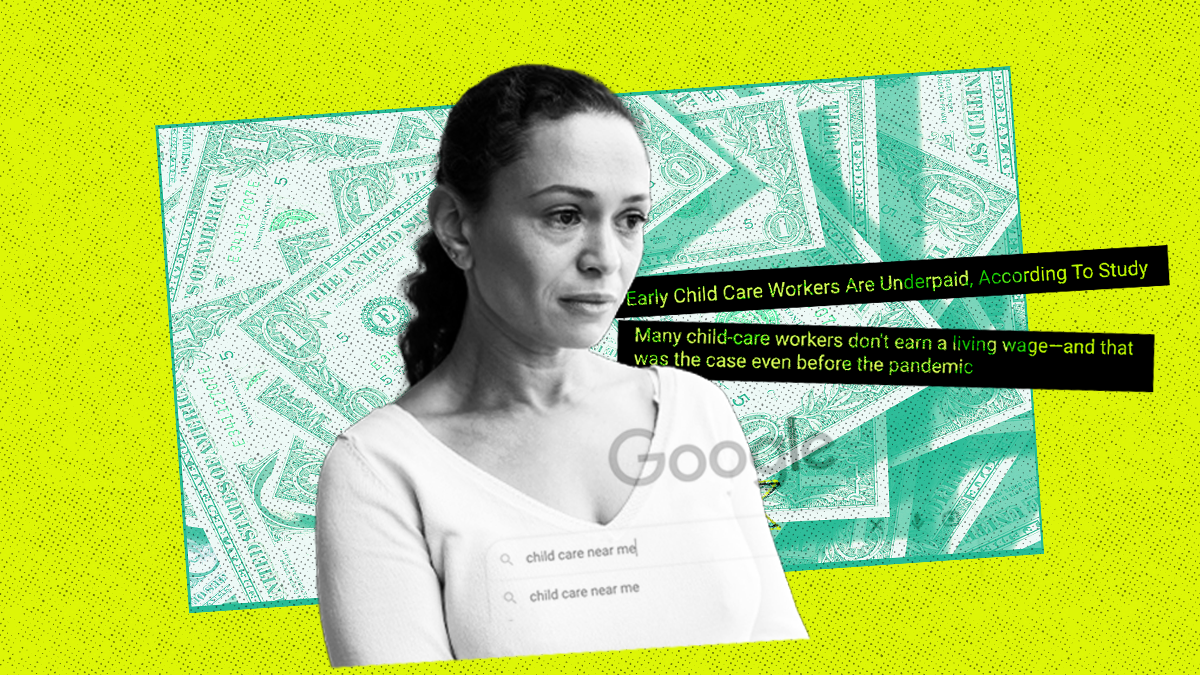Ipsos: Child Tax Credit Shows Early Success and Popularity, But Racial Disparities Persist
(Washington, D.C.) According to the results of a new national survey, the vast majority of eligible families reported awareness of the Child Tax Credit (CTC) and claimed it in their tax filings, but gaps for Hispanic families and those without a college degree present outreach challenges for the expanded CTC benefit that was part of the American Rescue Plan (signed into law in March).
Ipsos Research, in conjunction with the National Women’s Law Center, the Center for Law and Social Policy, the Children’s Defense Fund, Columbia University’s Center for the Study of Social Policy (CSSP), Prosperity Now, the Urban Institute-Brookings Institution Tax Policy Center, and the University of California Berkeley conducted a national survey of 1,031 eligible families during the first two weeks of July before the first monthly CTC payments were distributed. According to that survey:
- Awareness and filing of the CTC are high: 4 in 5 parents claimed the CTC in their 2019 or 2020 tax filings, and 4 in 5 parents were aware of the new advance CTC payments.
- When the survey asked whether respondents knew that “you can now receive up to $300 each month from the government’s Child Tax Credit,” 4 in 5 respondents were aware, with equal shares of awareness for low-income and middle-income families.
- Hispanic families claimed the CTC in 2019 or 2020 at a significantly lower rate (75 percent), compared with white counterparts (84 percent).
- Hispanic respondents were also less likely to have received a stimulus payment last year (78 percent) compared to white respondents (96 percent).
- 85 percent of respondents with at least some college completed said they had claimed the CTC. This compares to just 68 percent claiming the CTC among parents with less than a high school diploma or GED.
- Similarly, just 70 percent of parents without a high school diploma were aware that “you can now receive up to $300 each month from the government’s Child Tax Credit.” In contrast, 83 percent of parents or guardians who had attained a bachelor’s degree or more education reported this awareness.
A memo detailing the full results of the survey can be found here.
The results arrive as Congress is debating the details of the budget framework passed by both chambers last month, which included making the Child Tax Credit expansions a permanent benefit for parents and families. It also comes after a nationwide eviction moratorium expires and expanded unemployment insurance ends for approximately 7.5 million workers across the country, leaving many families starting a new school year with no support at all.
When respondents were asked how they planned to spend the tax benefits received this year, the survey found:
- Across income levels and racial demographics, 27% of respondents reported they would spend the funds on bills, with another 17% reporting they would use them for car, rent, or mortgage payments.
- Black and Hispanic parents were likelier to report spending their refunds on paying bills (31 percent and 28 percent) compared to white parents (17 percent)
- Higher-income families were more likely to report that they will save their refund or invest it (20 percent of all responses), compared with parents with low incomes (13 percent).
A memo detailing the full results of the survey can be found here.




